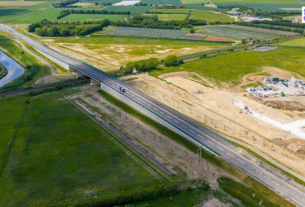The UK often finds itself grappling with slow decision-making and drawn-out processes, especially when it comes to infrastructure, economic reforms, and public services. In contrast, Singapore’s rapid and efficient approach to governance offers some valuable lessons. Despite being a much smaller country, Singapore has managed to transform itself into a global powerhouse with remarkable speed, something the UK could benefit from reflecting on.
Singapore’s government is known for its decisive action, long-term planning, and a no-nonsense attitude toward bureaucracy. Whether it’s launching new public housing projects, rolling out cutting-edge technology, or adapting swiftly to global economic changes, Singapore acts quickly and effectively. This is partly because it combines a clear vision with streamlined decision-making processes and a strong culture of accountability. Officials are empowered to deliver results without getting bogged down in red tape or political gridlock.
The UK, with its complex political landscape and layered governance structures, often struggles to match this pace. Projects can get delayed for years, policies take ages to implement, and public frustration grows as services fall behind expectations. Learning from Singapore doesn’t mean copying everything, but rather understanding how a focused, efficient government can drive progress while maintaining high standards of transparency and public trust.
Another key point is Singapore’s willingness to innovate boldly and embrace change. From smart city initiatives to progressive education policies, it is unafraid to try new approaches and adapt quickly based on outcomes. The UK’s more cautious culture sometimes means promising ideas take a long time to get off the ground or are watered down in the process.
Of course, Singapore’s smaller size and unique political context mean not everything can be directly translated to the UK. Yet, the core principles of decisiveness, accountability, and a forward-looking mindset are universal. If the UK can find ways to streamline its systems and encourage bolder leadership, it could unlock tremendous potential for faster economic growth, improved public services, and greater international competitiveness.
In short, Singapore’s example challenges the UK to rethink how it governs, not just faster, but smarter, with a clear eye on future opportunities.




